GGHH Asia Conference showcases best environmental health practices in the region
From Mongolia to the Philippines, Taiwan to Nepal, hospitals across Asia are making impactful work towards lessening their environmental footprint and protecting the health of both human beings and the planet.
On October 29 and 30, the second Global Green and Healthy Hospitals Conference in Asia, themed “Asian Hospitals Responding to Climate Change,” will take place in Seoul, South Korea. Members and non-members from all over the region are expected to participate and showcase the best practices of their health systems and facilities and mobilize the health sector towards taking concrete and immediate actions on climate change.
During the first ever GGHH Asia conference held in Manila, Philippines in 2013, representatives from different health systems demonstrated how they work towards achieving the 10 GGHH Agenda Goals by documenting their best practices through case studies that were presented during the event.
PHILIPPINES
The St. Paul de Chartres Health Care Ministry, which runs 13 hospitals all over the Philippines, has been implementing numerous programs on Leadership, Chemicals, Waste, Energy, Food, and Water. The ministry is specially lauded and recognized by many other health care facilities for their waste management system, from their strict implementation of basic segregation and recycling, to their waste water facilities and composting of biodegradables.

The Ministry actively involves its health workers to participate in environmental projects, such as tree planting and orienting staff about the importance of environmental health.
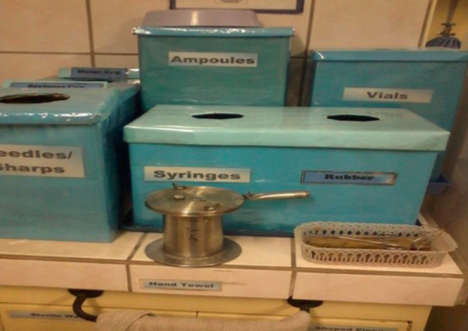
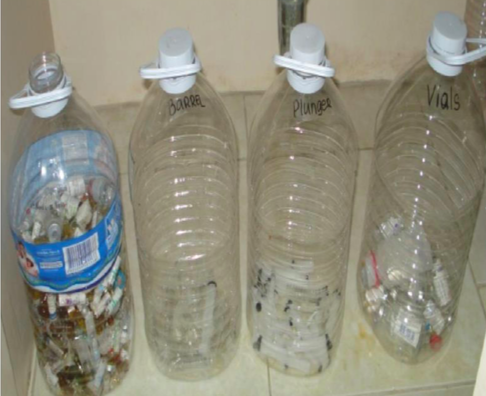
Hospitals under the Ministry are strict in implementing waste segregation and recycling.
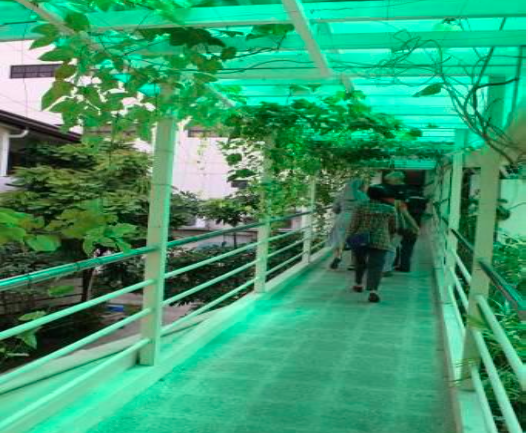
The green walkways in Perpetual Succor Hospital provide cooler and fresher air for patients.
TAIWAN
At Buddhist Da Lin Tzu Chi Hospital in Taiwan, sustainability is promoted as a way of living among health workers and patients.
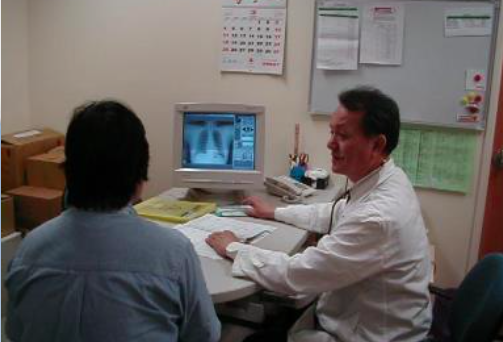
By utilizing modern information technology, the hospital reduces waste from the source by becoming a totally paperless and filmless institution. Everything from patient records, health information systems, to health education for patients and community can be accessed online.

The hospital has refrained from using disposable materials such as paper and plastic plates, cups, bowls, spoons, and chopsticks.
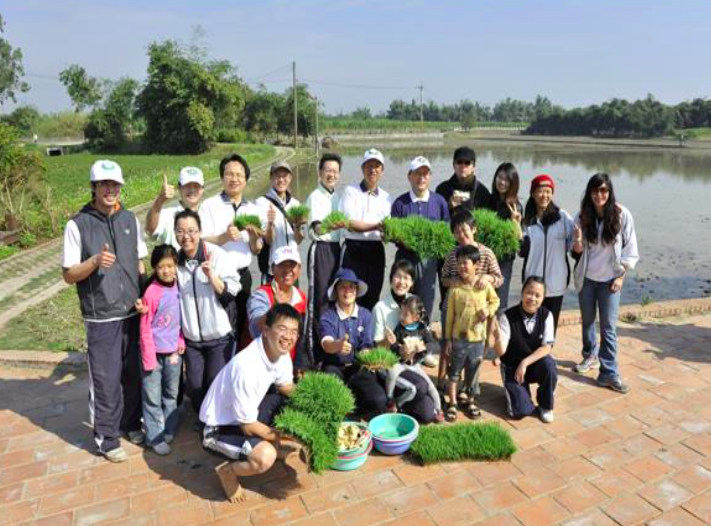
Low carbon diet is promoted by inviting hospital workers and their families to work at the Daai Farm, where the hospital cafeteria sources its ingredients.
NEPAL
The Health Care Foundation in Nepal is mandated to work on health care, environmental health, and disaster relief. The organization has been helping in the country’s waste and energy crises by working closely with GGHH and promoting safe, non-burn waste management technologies and the use of renewable sources of energy.
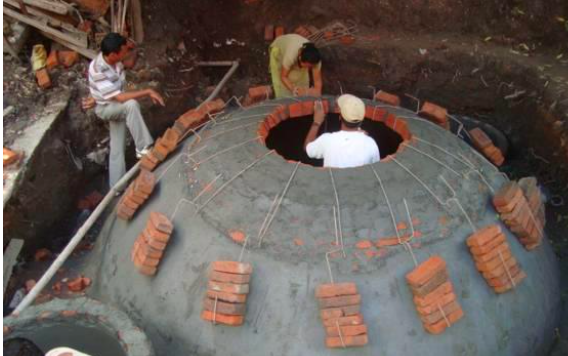
The biodigester installed in Bir Hospital in Kathmandu to process food wastes.
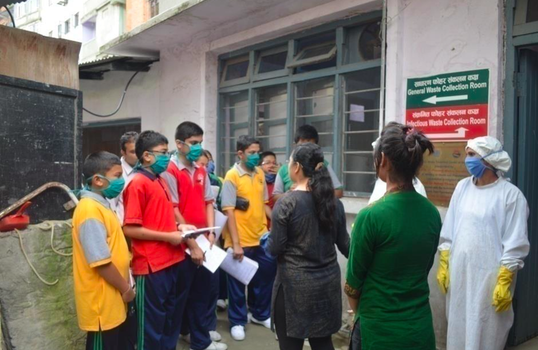
HECAF takes on a leadership role in educating schools, communities, and health facilities about environmental health.
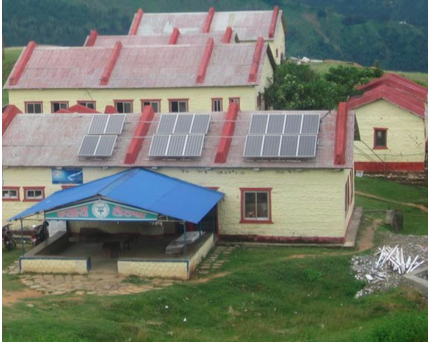
Solar panels provide energy for Bayalpata Hospital, located in a remote area in Nepal.
MONGOLIA
Mongolia’s Ministry of Health has been answering to environmental health challenges through their initiatives on health care waste management and mercury-free health care.
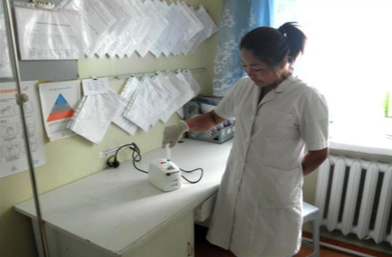
The Ministry promotes the shift to non-burn technology by investing in safer alternative non-incineration technologies to treat their health care wastes.
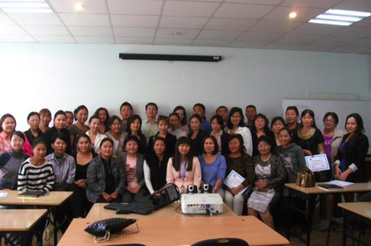
The Ministry has been working to completely phase out the use of mercury in all medical devices by banning its purchase and releasing safety guidelines on medical devices mercury spill.
Read the full case studies here.
Submit your own case studies for a chance to present at this year’s GGHH Asia Conference. The 2015 GGHH Asia Conference is organized by Health Care Without Harm in partnership with Yonsei University Health System and the Korea Environmental Industry and Techonology Institute (KEITI).
(Photos courtesy of St. Paul Health Care Ministry, Dalin Tzu Chi Hospital, HECAF, and Mongolia's Ministry of Health)
- Log in to post comments
